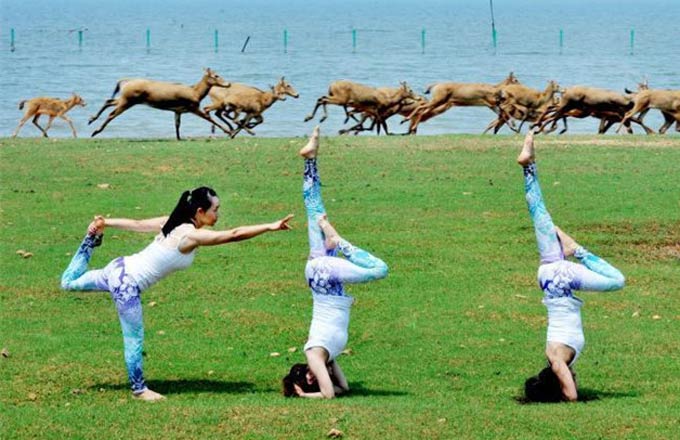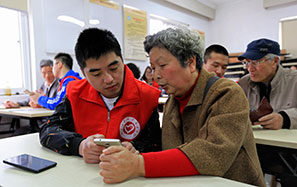Baidu Map vows to end sex business trick
False addresses impede police efforts to crack down on prostitution, report says
Responding to media reports about the use of Baidu digital maps to facilitate prostitution, Baidu Map pledged to strictly examine and update its data.
Legal Daily on Wednesday generated wide public attention with a report about a loophole in the mapping service that was exploited by underground entertainment venues involved in prostitution. The venues registered "points of interest" on the maps using false information, the report said.
A POI, or point of interest, is a specific location that someone may find useful or interesting on a digital map. After approval, any entity may show their location on the map free of charge.
Organizing prostitution is illegal under China's Criminal Law, and those who recruit, hire, lure or force people to provide sexual services are typically subject to five years to life in prison.
Anyone who hires a prostitute or who offers sex services can be punished under the Security Administration Punishment Law, up to a maximum of 15 days' detention and a fine of up to 5,000 yuan ($749).
According to the report, underground entertainment venues registered fake locations on Baidu Map to avoid the police. If police go to the mapped location, they will find nothing.
The venues leave valid mobile phone numbers for customers to make contact. When customers call, they are given another address where sex services are available.
"A thorough examination was carried out immediately after we learned of the media reports and we removed all the POIs in question," said Baidu Map in a statement on Wednesday.
People usually search for a place on the map and use the navigation service to reach it. Baidu Map charges a fee to push an entity to the top of a long list of a search result.
The report by Legal Daily cited an unidentified pimp as saying that one search optimization costs between dozens of yuan and a few hundred based on where it falls in the list.
The venue the pimp worked for paid Baidu Map 20,000 yuan every month for the optimized search result, the report said.
The report was published one year after a national debate over another Baidu business promotion model. A 21-year-old computer science student with cancer died in April last year after undergoing an experimental therapy that was heavily promoted by Baidu, China's leading internet search engine. Baidu has about a 70-percent share of the Chinese search-engine market.
Although there is no suggestion that the student's death was caused or accelerated by the treatment he received, it was later revealed to be an experimental procedure that was not cleared for clinical use.
The Cyberspace Administration of China, the internet watchdog, investigated the student's death and released a statement in May last year demanding that Baidu restructure its listing services.






















